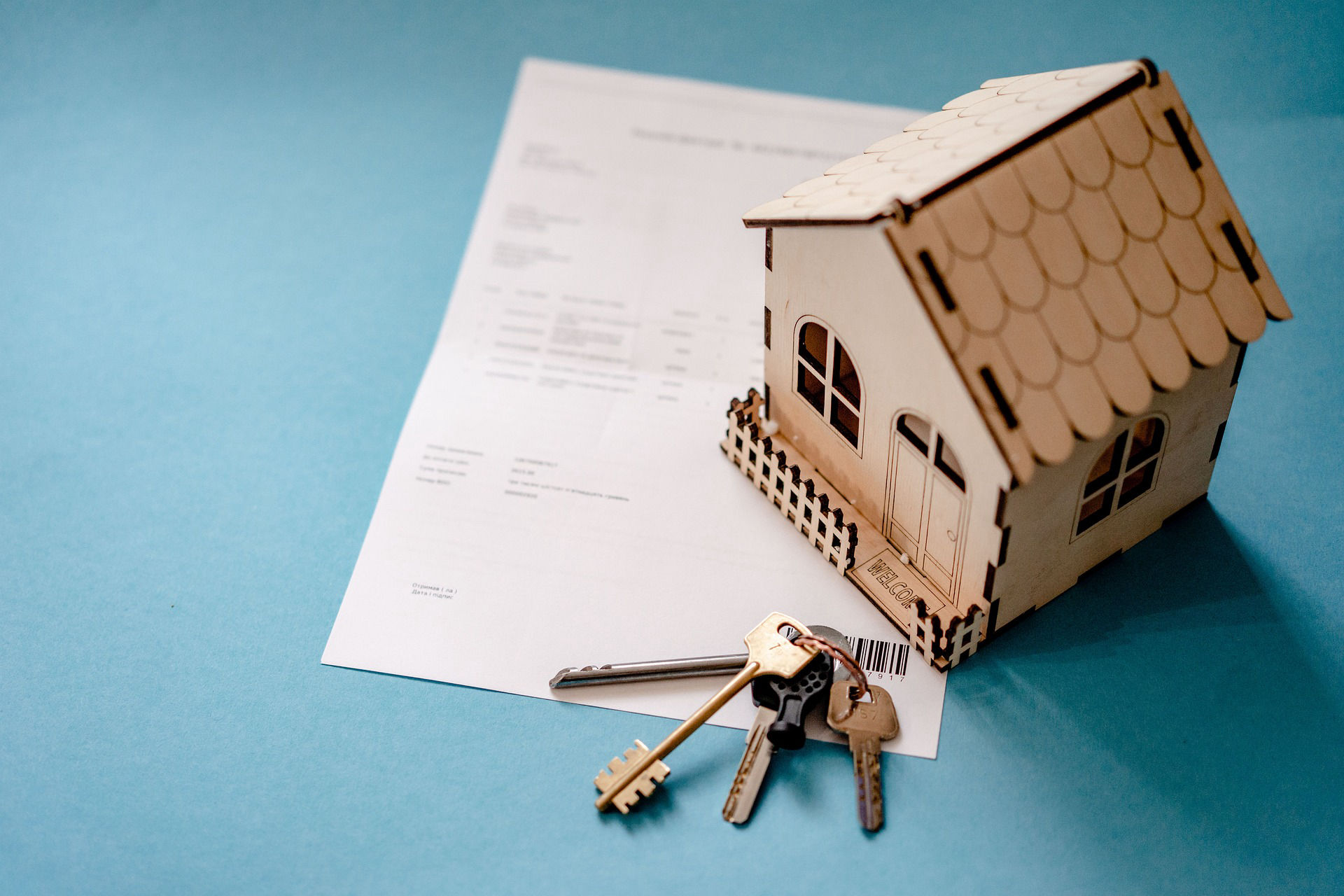
Are you contemplating whether to take out a home equity loan or a personal loan? Decisions about loans can be daunting and confusing, especially given the financial implications involved. Both options have their pros and cons, so let's break it down and make it easier to understand. Shall we?
Applying does NOT affect your credit score!
Key Takeaways
Nature of Funding: While student loans are borrowed funds that require repayment with interest, scholarships are financial aids that do not need to be paid back.
Eligibility Criteria: Student loans are typically available to all students, irrespective of academic achievement, whereas scholarships often have specific requirements, such as academic excellence or demonstrated financial need.
Long-term Financial Implications: Student loans lead to long-term financial obligations due to the repayment and interest components. Scholarships, being non-repayable, offer a financial relief without added debt.
Decision-making: The choice between a student loan and a scholarship should be based on individual financial situations, academic credentials, and the specific educational goals one aims to achieve.

A home equity loan, often referred to as a "second mortgage," allows homeowners to borrow money using their home's equity as collateral. Essentially, it involves converting a part of your home's value into cash, minus any outstanding mortgage.
A home equity loan can be a powerful financial tool if used wisely. The potential benefits include larger loan amounts, lower interest rates due to the collateral, and the possibility of tax deductions depending on your use of funds.
On the flip side, home equity loans come with certain downsides. The most prominent risk is the potential loss of your home if you're unable to repay the loan. Additionally, there may be closing costs and fees associated with the loan.
Applying does NOT affect your credit score!

A personal loan is an unsecured loan that doesn't require collateral. Lenders approve personal loans based on factors like credit score, income, and debt-to-income ratio.
Personal loans offer flexibility since they can be used for a variety of purposes. They come with fixed monthly payments, which makes budgeting more straightforward. Additionally, since they are unsecured, your property is not at risk if you default on the loan.
Personal loans generally have higher interest rates compared to secured loans like home equity loans. They may also have origination fees, and the amount you can borrow may be lower than home equity loans.
Interest rates for home equity loans are usually lower than personal loans as they are secured against your home.
Generally, you can borrow larger amounts with a home equity loan than with a personal loan, as the loan limit is based on your home's equity.
Repayment terms for home equity loans can extend up to 30 years, whereas personal loans usually have shorter terms, often between 2 to 7 years.
Home equity loans carry a higher risk - if you default on the loan, you could lose your home. On the contrary, personal loans are unsecured; hence, your home is not at risk if you default.
Applying does NOT affect your credit score!

When deciding between a home equity loan and a personal loan, think about your needs, financial situation, risk tolerance, and long-term goals.
Can you afford to pay off the loan in due time? This is especially important for home equity loans, where your home is on the line.
Are you looking to make a large, long-term investment or just meet an immediate financial need? Your answer can guide you to the right choice.
Deciding between a home equity loan and a personal loan largely depends on your individual circumstances. A home equity loan may be suitable for significant expenses with its larger borrowing capacity and lower interest rates. However, a personal loan might be better for smaller, short-term financial needs and carries less risk to your property. Always consider your ability to repay the loan before making a decision.
What is the main difference between a home equity loan and a personal loan?
A home equity loan is a secured loan that uses your home as collateral, while a personal loan is an unsecured loan that doesn't require collateral.
Can I lose my home if I take a home equity loan?
Yes, if you default on a home equity loan, the lender has the right to take your home to recover the loan amount.
Which loan usually has a lower interest rate?
Typically, home equity loans have lower interest rates as they are secured by your home.
Which loan should I choose for short-term financial needs?
For short-term needs, a personal loan could be a better choice due to its simpler application process and faster disbursement.
Can I use a personal loan for any purpose?
Yes, personal loans are versatile and can be used for a variety of purposes, including debt consolidation, home improvement, or unexpected expenses.